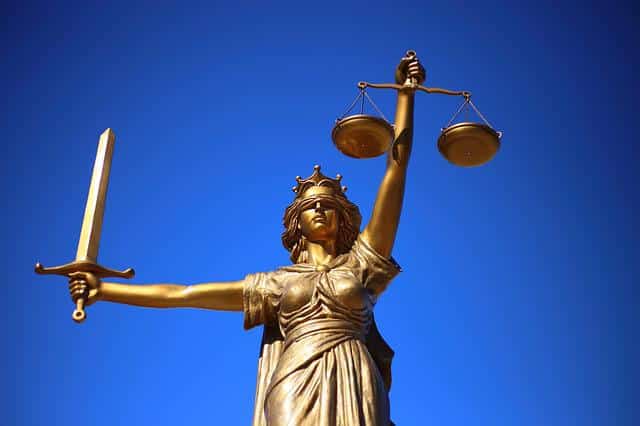
Legality is the legal condition.
Legality is the legal condition : that it adjusts or corresponds to the law . Law, meanwhile, is the set of norms and rules that allow the regulation of the ties between the people who make up a society, expressing an idea of order and justice.
Pillar of the rule of law
Returning to the concept of legality, it refers to the tendency that aims to privilege, in the social and political field, those solutions based strictly on law . The principle of legality , in this context, is based on the submission of actions to the legal system .
Legality is one of the pillars of the rule of law . The rulers who administer the rule of law do not have unlimited power, but are obliged to act within the legal framework . The Constitution , in this sense, is the supreme law.
All levels of state administration must carry out legally framed actions . Respect for this principle of legality is unavoidable, since otherwise a government would lose its constitutional quality and could become a dictatorship .
The principle of legality, in short, implies that the rule of law must govern the law and, simultaneously, be governed by the law itself . Rulers cannot go beyond the border determined by legislation, while citizens have rights that are inalienable and that those in charge of the administration of the State cannot ignore or violate. That is why the power of each government is not unlimited and lies in laws, not in human beings.
Degrees of legality
Legality is a concept that can be graduated, and regarding this statement there are various studies in which evolved legal systems are described as those that have mechanisms to mediate disputes in a heterogeneous manner. The "degree" of legality tells us how much mediation exists between the parties. This tells us that when resolving a conflict between two parties, a third party who does not represent the interests of either party must act. Whether on public roads in the midst of a conflict , where we have police forces, or in the courts, where lawyers come into play.
In other words, the administration of justice is not an automatic process, which starts from one entity with power to another that receives its verdict, but rather an intermediary is necessary to provide advice and investigate the facts to guarantee maximum compliance with the rules. laws. Based on these data, it would be possible to classify the different companies taking into account their degree of legality. It is important that the zero degree , that is, without police, lawyers or courts, is practically non-existent. In the first, we find mediation; in the second, the courts; in the third, the lawyers and the police. And so we can continue adding concepts such as legislation.

The police are a component of societies with a degree of legality greater than zero.
Those of zero degree are extremely simple, since they have a very small population, they do not have official currency or writing, in addition to sharing assets and lacking work specialization. Already in the highest grades we find an advanced legal system , urban spaces and an economy based on agriculture that provides jobs to a good part of the population.
It is not difficult to understand that societies that have the same degree of legality also have certain characteristics in common in aspects such as culture, economy and organization . This does not mean that this attribute is enough to group countries assuming that they are compatible, but that at least in their way of understanding the law and compliance with standards they have a similar theoretical and practical basis.
